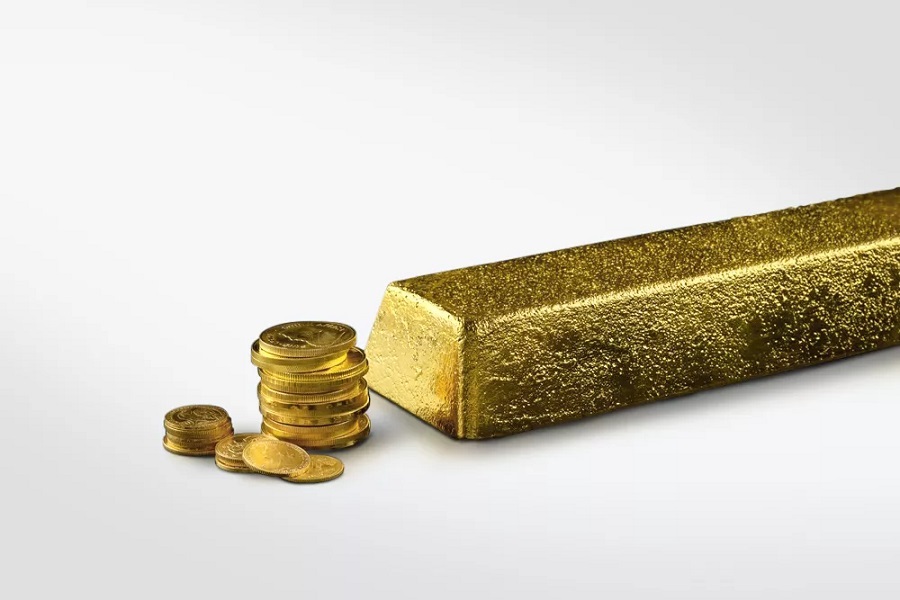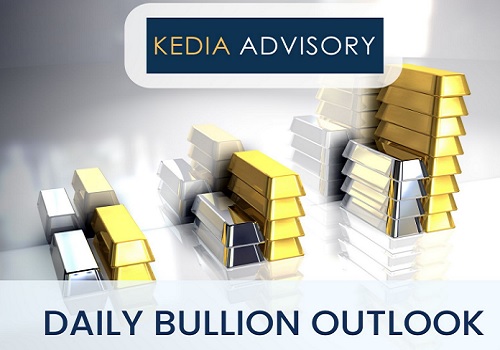Gold Special Gold Report 2024 by Religare Broking Ltd
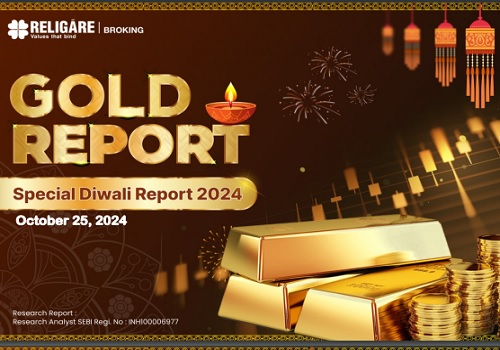
Follow us Now on Telegram ! Get daily 10 - 12 important updates on Business, Finance and Investment. Join our Telegram Channel
Geo-Political Concerns
Ongoing geopolitical tensions are posing a serious threat to global financial stability. The Israel-Hamas conflict is exacerbating regional instability, disrupting global supply chains, and driving inflationary pressures. At the same time, China's military presence in the South China Sea and its ongoing trade disputes with the U.S. add to the challenges. Consequently, non-military confrontations in the South China Sea are expected to increase across the Asia-Pacific region. Additionally, the risk of further escalation in the Middle East, particularly with potential Israeli and Houthi militant attacks on Red Sea shipping routes, could further strain supply chains. These factors are expected to keep demand for bullion strong.

Rupee Depreciation
The Indian Rupee, which recently breached the 84 mark against the U.S. dollar, hitting a new record low, continues on a downward trajectory. Geopolitical risks have driven up oil prices, and outflows from equity markets, partially due to a shift toward China, have added further pressure. The rupee depreciated by 0.3% in the first half of October 2024, and on a year-over-year basis, it has weakened by roughly 1%. The Reserve Bank of India (RBI) is expected to allow further depreciation of the rupee in response to record-high gold prices and the strengthening U.S. dollar. Additionally, persistent inflation poses a risk of increased imported inflation. As a result, continued pressure on the Indian rupee is likely, and a weakening rupee typically supports higher gold prices

Central Bank Buying
The Indian Rupee, which recently breached the 84 mark against the U.S. dollar, hitting a new record low, continues on a downward trajectory. Geopolitical risks have driven up oil prices, and outflows from equity markets, partially due to a shift toward China, have added further pressure. The rupee depreciated by 0.3% in the first half of October 2024, and on a year-over-year basis, it has weakened by roughly 1%. The Reserve Bank of India (RBI) is expected to allow further depreciation of the rupee in response to record-high gold prices and the strengthening U.S. dollar. Additionally, persistent inflation poses a risk of increased imported inflation. As a result, continued pressure on the Indian rupee is likely, and a weakening rupee typically supports higher gold prices.

Central Bank Buying
Safe haven demand for gold remains strong, driven by ongoing economic uncertainty and the underperformance of domestic assets. According to the World Gold Council, global official reserves grew by 290 metric tons in the first quarter of the year, marking the largest first-quarter increase since at least 2000. In the second quarter, global central bank gold purchases rose by 6% to 183 tons. Notably, China's central bank purchased gold for a fifth consecutive month in September. Overall, global net gold purchases by central banks reached 483 tons in the first half of 2024, setting a new record.

Inflation
In September 2024, the Federal Reserve reduced its key interest rate by 50 basis points, marking the first rate cut since 2020, in response to declining inflation in the U.S. The Fed’s current funds rate stands at 4.75-5%, down from 5.25-5.5% in September of the previous year. The annual inflation rate in the U.S. has slowed for the sixth consecutive month, reaching 2.4% in September 2024, its lowest level since February 2021, down from 2.5% in August. In contrast, the inflation rate was 3.7% in September 2023. Despite this downward trend, U.S. inflation remains above the Federal Reserve's 2% target. As a result, gold, traditionally considered a hedge against inflation, is expected to continue attracting demand in global markets.

Investment Demand
Global investment demand has also been a factor in driving the rise of gold prices in 2024. In Q2, investment demand for gold bars, coins, and gold ETFs remained relatively stable year-on-year at 254 tonnes. However, combined demand for gold bars and coins saw a 5% decline compared to the previous year, although gold bar investment rose by 12%. Meanwhile, outflows from global gold ETFs increased in Q2 2024, with holdings falling by just 7 tonnes, a smaller decline compared to the 21-tonne decrease in Q2 2023. Looking ahead, demand is expected to remain strong, likely supporting further price increases, driven by continued safe-haven interest in gold.

Physical Gold Demand
Physical gold demand has surged significantly in 2024, largely driven by Over-the-Counter (OTC) investments and increased central bank purchases. When including OTC investment, total gold demand saw a 4% year-over-year rise, reaching 1,258 tonnes in Q2—the highest second-quarter demand since 2000. Central banks have accelerated gold buying as part of their strategy for portfolio protection and diversification in uncertain times. The National Bank of Poland (NBP) and the Reserve Bank of India (RBI) were the largest gold buyers in Q2 2024. Looking ahead, we anticipate that robust physical demand will persist, supporting gold’s continued strength.
The relationship between the dollar index, global interest rate cuts, and gold prices is quite intriguing. Gold and the dollar index typically share an inverse correlation, as gold is often viewed as a hedge against inflation. Over the past six months, the dollar index has fallen from 106.50 to 100.15, contributing to gold prices reaching all-time highs. Despite a recent rebound in the dollar index, gold has managed to maintain its positive momentum. Typically, when central banks—particularly the U.S. Federal Reserve lower interest rates, gold prices tend to rise. This is because lower interest rates reduce the opportunity cost of holding gold, making it a more appealing investment. In September, the Fed initiated its first rate cut in four years, reducing rates by 50 basis points. The Fed is also forecasting a further 100-basis-point cut next year, with an additional 50 basis points expected in 2026, which could continue to support gold prices and potentially drive them higher in the coming months.

Please refer disclaimer at https://www.religareonline.com/disclaimer
SEBI Registration number is INZ000174330




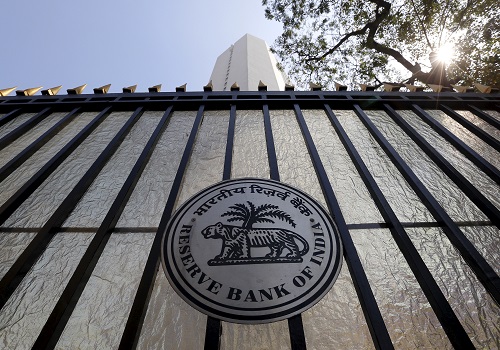

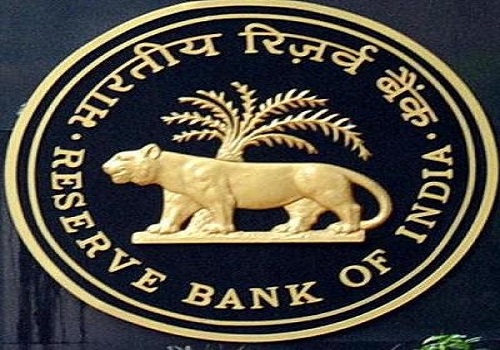





 320-x-100_uti_gold.jpg" alt="Advertisement">
320-x-100_uti_gold.jpg" alt="Advertisement">





